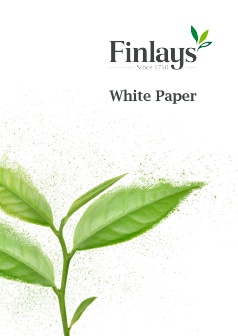




Wellness Tea Collection By Finlays
Get The Best Out Of Tea, Naturally
Combining deep agricultural know-how and the ability to extract from fresh tea leaf using water on the same day as harvesting, Finlays is ideally placed to help you capitalise on the emerging global mega-trend for healthy, natural and sustainable products.
We do this through The Wellbeing Collection – our range of natural tea extracts which are rich in highly sought-after bioactive compounds i, and which add value to your product through consumer association with various wellness benefits ii.
Discover The Wellbeing Collection by Finlays

Finlays’ Unique Approach to Premium Tea Extraction
Our unique approach helps us produce tea extracts that are rich in naturally-derived antioxidants, helping you unlock opportunities in the health and wellness tea mega-trend.
Tea extracts in The Wellbeing Collection by Finlays are:
Made from leaf tea with a naturally higher polyphenol content.
Can be harvested and extracted from fresh leaf on the same day.
Sustainably sourced.
Allow clean labelling claims.
Imbued with a powerful backstory.

Explore the Collection
Our unique approach helps us produce tea extracts that are rich in naturally-derived antioxidants, helping you unlock opportunities in the health and wellness mega-trend.
Wellbeing Green+Harness the Antioxidant Power of Tea with Fresh Green Leaf Tea Extracts, rich in Bioactive Compounds
Our range of green tea extracts are directly extracted from fresh green leaf tea and offer a typical catechin content range of 30-34%. Catechins in tea have been found to have a high antioxidant potential and have been associated to reduce the risk of obesity, oxidative stress and cardiovascular disease.
Wellbeing GreenLock in the Freshness with our Fresh Green Leaf Tea Extracts
Experience the fresh flavour of green tea, with our range of green leaf tea extracts, extracted from fresh green leaf on the same day as harvesting.
Wellbeing Black Tea - HWSCapture the Warm Richness of Black Tea, Naturally
Our premium Black Hot Water Soluble extracts are extracted from leaf tea naturally helping preserve the aromatic flavour of black tea, without the use of chemicals.
Wellbeing Black Tea - CWSCapture the Cool Complexity of Black Tea, Naturally
Our premium Black Cold Water Soluble extracts are extracted from leaf tea, naturally, helping preserve the aromatic flavour of black tea, without the use of chemicals.
Wellbeing WhiteCreate a Moment With a Delicate White Tea Extract
Our minimally processed White Tea extract offers a delicate sensory experience, and contains caffeine, making it perfect for a gentle uplift or a relaxing moment of tranquillity.
Wellbeing PurpleUnleash the Power of Purple with Purple Tea Extracts
Our Purple Tea extract is made from purple tea grown on our farms in Kenya. The vibrant purple colour of the leaf comes from phenolic compounds called anthocyanins. A unique extract with unique bio-active compounds and when formulated in low acid beverages, you get a pink/purple colour.
Wellbeing Aroma and EssenceEnhanced sensory experience with premium Tea Aroma
Our range of premium Tea Aromas enhance the sensory experience of a beverage, offering the true taste and authentic fragrance of fresh tea. Our Aromas are made from an aqueous extraction of black tea, green leaf and a blend.
Wellbeing OrganicOffer the true Organic experience with our Certified organic Tea Extracts
Demand for organic food and drink is on the rise, driven by consumers increasingly seeking natural, clean label food and beverages that are free-from flavouring agents, preservatives, synthetic chemicals and are pesticide-free. In fact, global demand for organic products is set to grow three times more quickly than the standard market between 2020-2025. You can tap into this demand with Wellbeing Organic – our organic tea extracts extracted directly from organic certified leaf tea grown on our own farms in Kericho.
Functional Food and Beverages, a Healthy Opportunity
the annual value of healthy-eating, nutrition and weight-loss products within the total wellness economy
the potential global value of healthy and functional beverages by 2024, according to Finlays’ estimates
the percentage of consumers are willing to pay more for beverages with an associated sustainability claim
Tea: The forgotten Nutraceutical
Tea is the second most consumed beverage globally after water. Apart from its hydrating and comforting effect, there are many scientific publications that promote the health benefits of tea.
The purported wellbeing benefits of tea are varied and include:
Calmness
Promoting focus and speed of perception thanks to caffeine
Dental health thanks to fluoride
Relaxation
Reduced risk of atherosclerotic cardiovascular disease
Reduced mortality due to cardiovascular disease
Improved gut health
Blood pressure reduction
Reduced risk of rheumatoid arthritis
Understanding Antioxidants in Tea
Of all the bioactive compounds in tea, phenolic compounds are the most compelling from a health and wellbeing point of view. The main phenolic compounds in different tea varieties are:
Flavan-3-ols (Catechins)
Flavonoids (Thearubigins, Theaflavins)
Phenolic acids
Tannins (GHG)
Anthocyanins
Polyphenols Are Linked to a Wide Range of Health Benefits
While only a handful of scientifically supported claims are permitted, there are many scientific studies that portray the benefits of consumption of tea-derived polyphenols and phytonutrients.
Some of the benefits associated with these compounds include:
Mood improvement.
Reducing cardiovascular risk.
Research found that green tea extract high in catechins may lead to a decrease in the risk of cardiovascular disease viii.
Reducing risk of stroke and cardiovascular disease due to Metabolic Syndrome.
Polyphenols coming from tea might reduce the risk of a stroke and cardiovascular related illnesses due to metabolic syndrome ix.
Weight loss.
Countering oxidative stress.
Reducing blood pressure.

Find out more about how to tap into functional, natural and sustainable in our white paper.

Notes and References
i Bioactive compounds are primary and secondary metabolites of nutritive and non-nutritive natural components generating health benefits [Martirosyan 2018]. Examples of bioactive compounds in tea include Polyphenols, Catechins, Caffeine and Amino Acids.
ii The associated wellness benefits are findings that were described by epidemiological, cohort or meta-data analysis of meaningful and well executed epidemiological- and cohort studies. The associations made are in reference to ingredients only, hence they do not refer to finished products and they may not comply with Regulation EC n. 1924/2006.
iii Global Wellness Institute, 2018
iv GlobalData Plc, 2020
v Nielsen
vi Choi, S. et al. 2015 Redox-linked effects of green tea on DNA damage and repair, and influence of microsatellite polymorphism in HMOX-1: results of a human intervention trial, Mutagenesis, Volume 30, Issue 1, , Pages 129–137, https://doi.org/10.1093/mutage/geu022
vii Nagao et al. 2007 n=240
viii Nagao et al. 2007 n=240
ix Chen, I-Ju. et al. 2015. Therapeutic effect of high-dose green tea extract on weight reduction: A randomized, double-blind, placebo-controlled clinical trial. Clinical Nutrition. 35. 10.1016/j.clnu.2015.05.003.
x Brown, AL. et al. 2009 Effects of dietary supplementation with the green tea polyphenol epigallocatechin-3-gallate on insulin resistance and associated metabolic risk factors: randomized controlled trial. Br J Nutr. 101(6):886-894. doi:10.1017/S0007114508047727
xi Basu, A. et al. 2013 Green tea supplementation increases glutathione and plasma antioxidant capacity in adults with the metabolic syndrome. Nutr Res.;33(3):180-187. doi:10.1016/j.nutres.2012.12.010
xii Brown et al. 2009 n=88
xiii Tounekti et al. 2013
